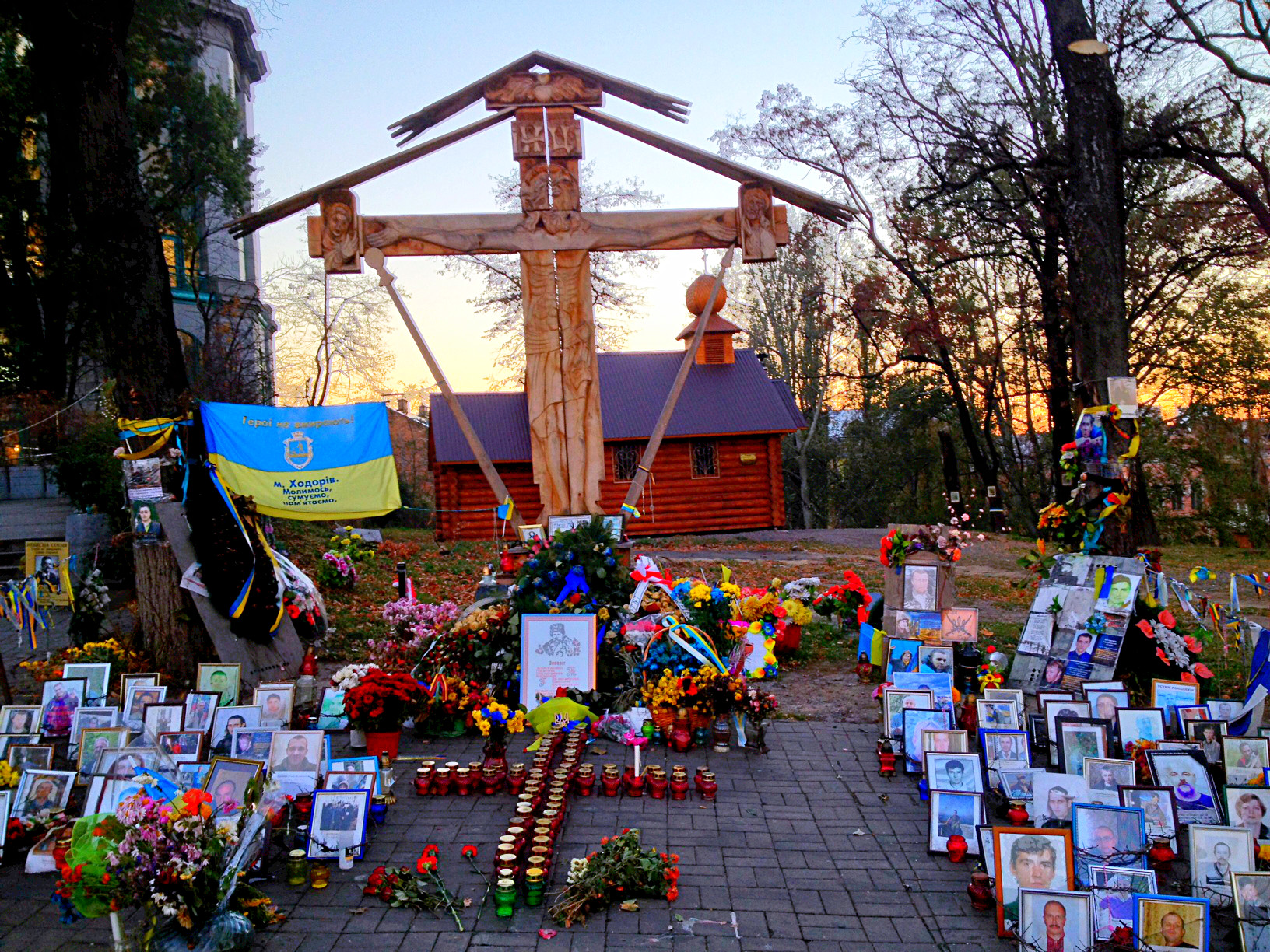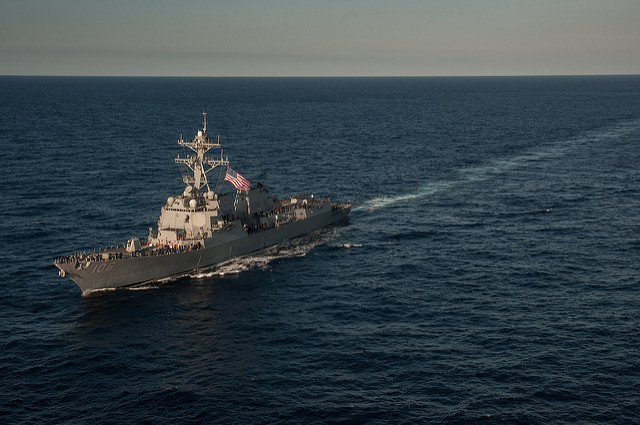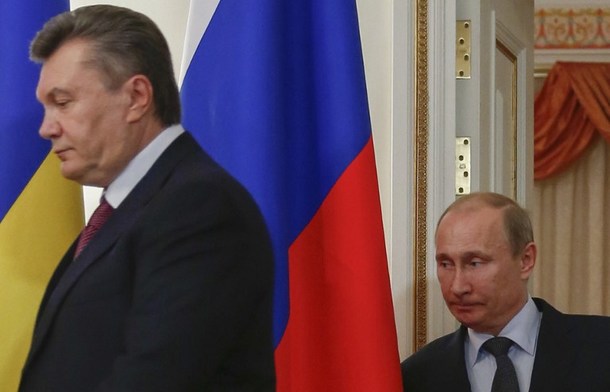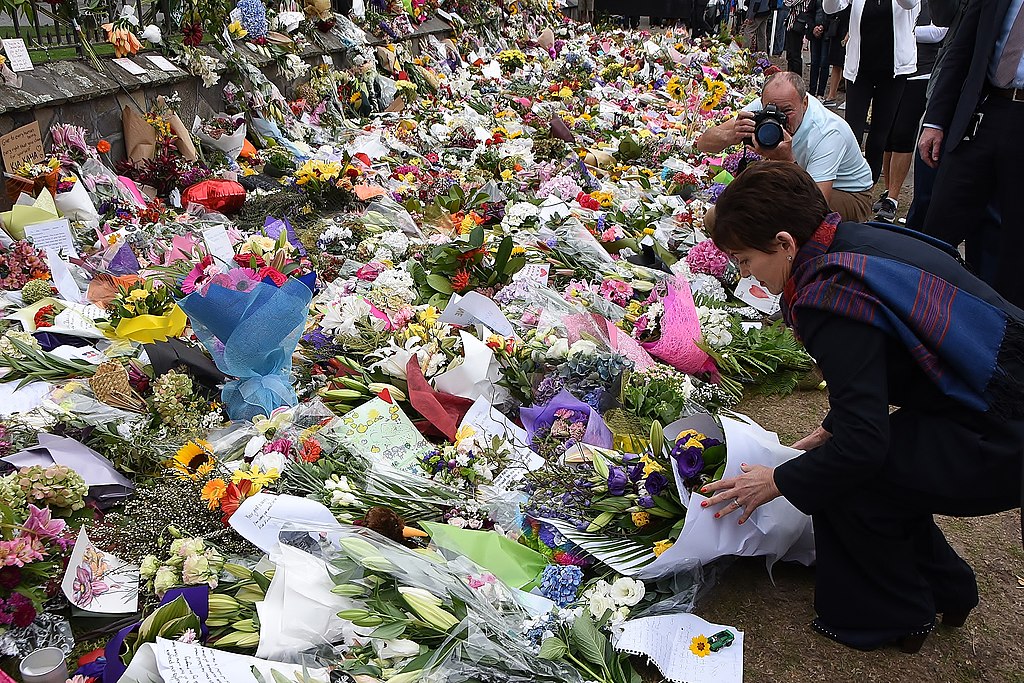Part III – Final Reflections

Ukraine’s vote on October 26 was viewed by many to be vital for the nation’s security and place in the world. As we now know, Ukrainian voters overwhelmingly chose a Western-leaning parliament and wished to continue the process launched by the Euromaidan. The endorsement of economic reform, ridding corruption and the push for integration with the EU was made clear with the marked success of the coalition which took its name from the President of the Republic – ‘Block Poroshenko’. Unfortunately, however, to instinctively assume that two elections in five months will somehow usher in such a regime means accepting a narrative grounded more in wishful thinking than sober realism.
Evidently, people living in Donetsk, Luhansk and Crimea – roughly 4.6 million Ukrainians – did not vote due to the war. OSCE Election Observers were also not present in the area. Reality also shows us that in the face of the recent Kremlin-backed fraudulent elections in Ukraine’s east, the country continues to struggle to resist the prolonged territorial encroachment and onslaught from separatist offensives. Hence, the real question is what policies will arise from the new Rada, particularly with regard to the recovery of a bleak economy, Russian vilification, as well as the grievous situation in Donbas. Moreover, addressing the energy problem is a necessity. If this is not resolved, Ukraine will remain a weak state, vulnerable to Russian pressure.
During our two weeks on the ground in Ukraine, I met with a range of individuals – political organizers, activists, media, international observers and local observers. But I think my most memorable, frank observations came from Andrii and Maria – spend a week in a car with people and you are bound to get to know something about them.
Between stops to remote polling stations in villages, Petr and I asked a lot of questions – maybe it was more me – about opportunities for work, about their families and plans for the future.

Our driver Andrii was in his mid-20s, spoke Ukrainian, Russian and a good amount of English. He was largely quiet at first, but after prompting a little he started to share his experiences as a young person in Ukraine. Andrii is currently studying in Poland, but he does so to avoid being conscripted by the Ukrainian military. He hopes to live his life abroad as he is afraid that if he travels back to Ukraine after he completes his degree he, as is typical with many young men in Ukraine, will be recruited by the military to fight in the East. Andrii also lost his job at Shell, located in the East, after the war broke out and feels helpless about his prospects of starting a family with his girlfriend. He makes extra income from buying and selling goods from the places he travels to. He loves Ukraine, but is completely cynical about the country’s elections, as, one can imagine, after having a number of elections annually with little change, it is hard not to be. Saying they didn’t matter and never did, his voice revealed his seriousness—firm, as were his gestures.
Andrii believed the Euromaidan period, although an extremely critical time for Ukraine, did not produce real change but merely improved the human spirit and strengthened camaraderie. It, at the very least, united his countrymen in their willingness and drive to see their country succeed and prosper. His hopes are for a self-reliant Ukraine; a Ukraine entirely independent of Russia. He was quick to mention that Ukraine possesses the ability to be not only politically stable, but also energy self-reliant. The country has abundant sun (in summer) and plains. It is perfect for large solar use. Ukraine also has plenty of oil reserves. However, he says the way the politics is shaped right now, it’s hard to proceed freely and the oligarchs, often, only have their own interests at heart.
Maria was our warm multi-lingual translator. She is a young woman in her early 30s who graduated from an English program at the local Lviv University and currently teaches English to children. Maria had a deep concern about Ukraine’s future and echoed Andrii’s concerns. While we were watching the news together and she was teaching me how to decode Ukrainian Cyrillic, I remember Maria telling me how devastated she was by Ukraine’s economic development and worried that the vast disparities between the rich and poor in the country will never change. Ukraine, I learned, had seen its agricultural output fall by 50 per cent since the collapse of the Soviet Union. The Ukrainian currency, the hryvnia had collapsed since the start of the combat in the East. Gourmet dinners were $10 and hand-sewn tablecloths were priced at $30. Monthly income averages around $200!
Conclusion
Although Ukraine cannot yet be called a stable society, it is a country on the brink of a transition in its modern history and the future still remains very daunting. Nevertheless, I was struck by how hard Ukrainians are working to make a better life for themselves and for their families.
As someone who watched Ukrainians speak in favour of democracy, I hope countries like Canada along with the EU will continue to support the building of a stable, peaceful and democratic society as Ukraine continues to undergo transformational change. Ukraine’s future undoubtedly lies within Europe, and the West should do everything possible to speed up and bolster this process.

As I observed, to Ukrainians, the parliamentary elections were an important opportunity to show the world they
could conduct a fair election. Speaking from experience, the presence of Canadian and OSCE observers during this election probably helped deter fraud and strengthened the case for electoral and other democratic reforms. It might take a generation to see this out, but we must continue to be at the side of Ukraine. I remain optimistic in spite of the pain I feel remembering those who died in the battle for a new Ukraine and those dying and risking their lives in Donbas. Because, from everything I observed, from Maidan Square in Kyiv to the confines of polls in a rural Brody, change is very much possible.
Shche ne vmerla Ukraina or ‘Ukraine has not yet perished’ are the words that make up the main chorus of the Ukrainian anthem. It is profoundly significant, particularly given the long history of revolutions the country has endured being used as a bartering tool for rule since its heyday in Kyvian Rus in the late 9th century, and the country’s independence from Russia in 1917, and then once more in 1991, after its break from the Soviet Union. The words are as poignant today as they were back then when they were first written. After my observation in the field, these words could not hold truer and more strongly today as Ukrainians continue to persevere. In fact, Ukraine is more alive today than it ever has been.




